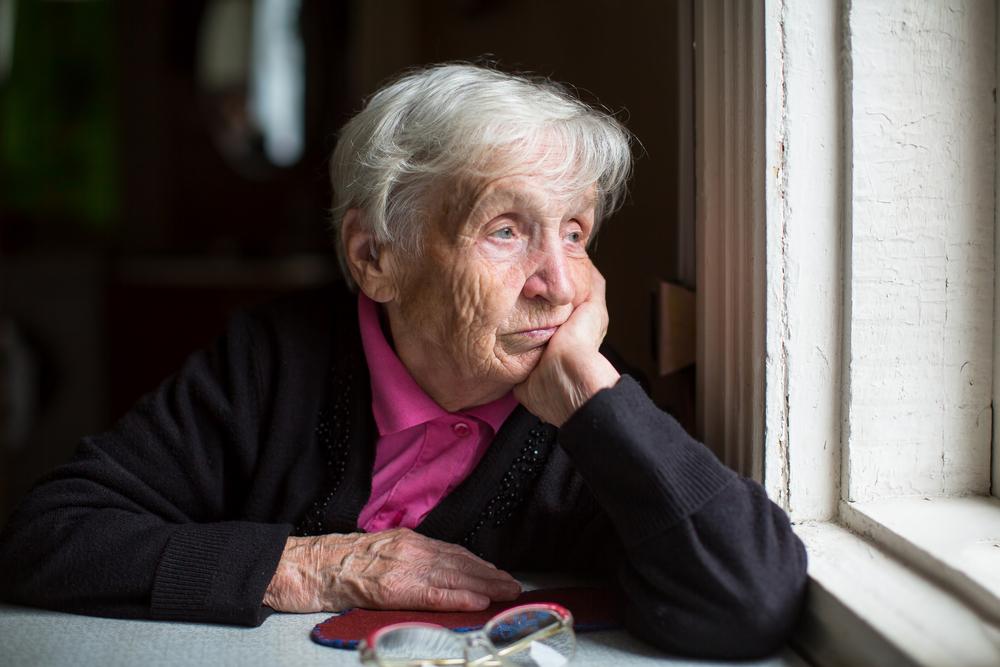Understanding Mental Health Challenges Among the Elderly: Prevention and Support
This article explores mental health issues among the elderly, focusing on depression detection, risk factors, and support strategies. It highlights the importance of early intervention, societal awareness, and professional help to prevent depression and suicide among seniors. Practical approaches include regular screenings, education, and encouraging social engagement, aiming to improve quality of life for aging populations.

Understanding Mental Health Challenges Among the Elderly: Prevention and Support
As life expectancy rises and living standards improve, the global elderly population grows significantly. Yet, many societies are unprepared to meet their unique needs. The decline of extended families and the rise of nuclear households lead to increased loneliness among seniors. Social media, aimed at connecting us, often exacerbates feelings of isolation. Consequently, depression and suicidal tendencies are increasing among older adults.
In aging, emotional reliance on others intensifies. Addressing these emotional needs is crucial for preventing mental health issues.
Impact of Unmet Emotional Needs
Humans are inherently emotional beings. When emotional needs remain unfulfilled, feelings of sadness and loneliness take over, affecting cognitive functions. Prolonged low mood can lead to clinical depression. Additionally, dependence on others can worsen feelings of inadequacy, deepening mental health struggles.
Challenges of Detecting Depression in Older Adults
Depression among seniors is often under-researched. Limited studies hinder effective policy development. Moreover, many elders struggle to articulate or recognize their condition, dismissing symptoms as normal aging, which delays diagnosis and intervention.
This neglect can have tragic consequences. If untreated, depression can result in increased suicides among the elderly, who often feel hopeless and helpless, unaware of available help options.
Preventive Measures and Support Strategies
To combat this issue, the following approaches are recommended:
Educate children on understanding and supporting their elderly family members
Help seniors recognize signs of depression and when to seek professional help
Increase societal awareness about elderly mental health issues
Organize regular screening programs for depression and related conditions
Integrate mental health checks into routine elderly healthcare
Develop helpline services dedicated to mental health support for seniors
Train healthcare professionals to identify early signs of depression among older adults
Detecting Depression in the Elderly
Effective detection starts with open conversations. Look for signs such as hopelessness, loss of interest in activities, social withdrawal, self-talk involving deceased loved ones, prolonged silence, and changes in sleep patterns. A dull or sorrowful facial expression may also indicate depression, increasing suicide risk.
Actions to Take if Depression or Suicidal Thoughts Are Suspected
If you suspect an elderly individual is suffering from depression or considering self-harm, encourage them to consult a mental health professional promptly. Counseling and medical treatment can make a difference. Engaging seniors in meaningful activities and fostering social connections can also reduce feelings of despair and prevent suicide.
Note:
This article offers insights into elderly mental health, emphasizing prevention and early intervention. While informative, it is not a substitute for professional advice. Readers are encouraged to seek expert consultation for specific concerns. The website's information may not cover all available schemes or resources.










